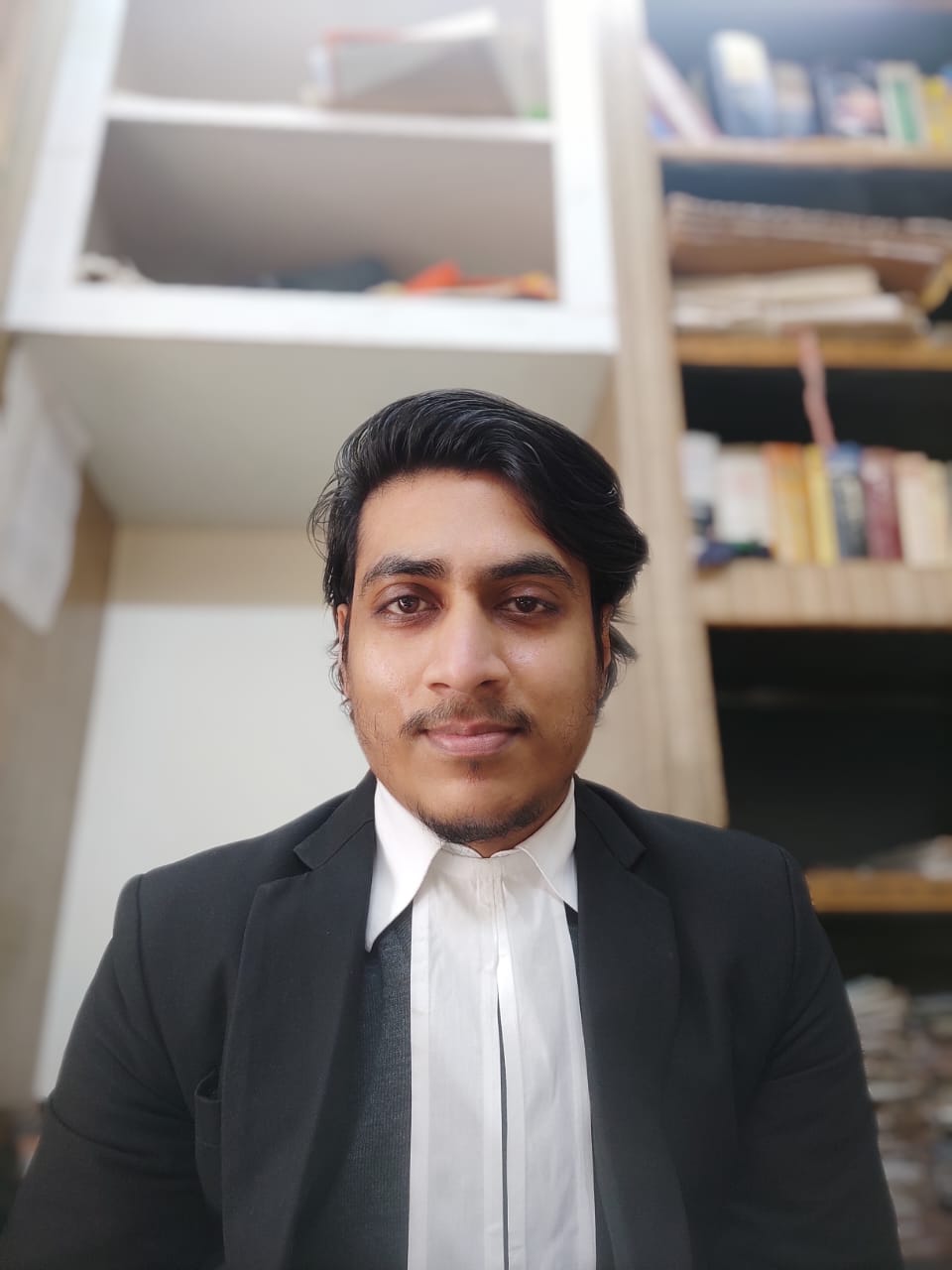The purpose of the Special Marriage Act 1954 was to achieve secularism through legislation. The 42nd Amendment to the Indian Constitution confirmed the nation's secular status, although the bridge's pillars have been in place since the country's founding. The Special Marriage Act 1954 upholds the principles of Article 21, which reveals the right to life and individual freedom. It protects the voluntary solemnization of weddings between people of different castes and religions.
What is Special Marriage Act in India?
- One of the most significant secular achievements of independent India is the Special Marriage Act, of 1954, which was incorporated into the Indian legal system.
- The Act was intended to be a piece of legislation that controlled weddings that religious traditions forbade from being solemnized. The Act applies to all Indian nationals, regardless of whether they live in India or overseas.
- A legal statute that establishes a distinct marriage category through registration. The fact that marriage doesn't require religious acceptance or rejection is one of its unique qualities.
- Unlike traditional arranged marriages, which bring two families from the same caste or group together, the Act seeks to legalize marriages between individuals of different religions or castes.
What is the rule of Special Marriage Act?
- In front of the marriage officer and three witnesses, the parties must also offer their approval for the marriage to be deemed lawful.
- At the time of marriage, the bridegroom's age must be at least 21, and the bride must be at least eighteen. A boy or girl needs to be of this age in order to get married in India.
- When the parties get married, they have to be monogamous, meaning they can't be married or have a spouse who is still alive at the same time.
- To be able to determine for themselves whether they wish to get married, the parties must be mentally well or sane.
- They shouldn't be connected to one another or fit into any category of relationship that is prohibited. Should such be the case, the marriage will be deemed dissolved. However, marriage within a banned relationship may be formally consummated if one of the partners' customs permits it.
Procedure of Marriage under Special Marriage Act
- Giving the Intended Marriage Notice: The Act requires the parties to give written notice to the district marriage officer. Prior to the notification date, at least thirty days must have passed for one party have resided in the area. The format stated in Schedule 2 of the Act must be used to submit the application.
- Notice Publication: This notice will then be posted prominently in the Marriage Officer's office. The warning is additionally posted on the office's official website. This phase enables anyone to raise legitimate complaints. If there are good enough reasons not to marry, it helps to prevent the marriage.
- Objections, if any: If there are any objections, the Marriage Officer opens an investigation. if, within thirty days of the notice's publishing date, any objections are voiced. The objection's legitimacy and potential merit will be taken into consideration by the officer. If it is determined that the objections lack valid justification, the marriage can go forward.
- Solemnization of Marriage: The marriage may be properly solemnized after the 30-day notification period has passed and no legitimate objections have been voiced. The site of the marriage ceremony is up to the parties. which could be a court of law, a mosque, or a temple, among other places. They may also choose to have the Marriage Officer perform a civil ceremony.
- Certificate of Marriage: Once the union is formally pronounced. The information will be recorded in the Marriage Certificate Book by the Marriage Officer. The marriage certificate is signed by the pair and three witnesses. The couple receives this certificate, which acts as official documentation of their marriage.
- Marriage Registration: Registering the marriage is the last step. Within 30 days following the ceremony, the couple must register the marriage with the Marriage Officer. After examining the application, the Marriage Officer records and validates the marriage. After that, the couple receives a marriage certificate in the format that is required.
What is the benefit of Special Marriage Act?
- Registration of Marriages: The Act allows for marriage registration, which grants the couple several legal rights and protections including inheritance, succession, and social security benefits. It also gives the marriage official legal recognition.
- Prohibits Polygamy: It prohibits polygamy and deems a marriage void if one of the partners is incapable of providing legitimate consent to the marriage because of mental incapacity or if the other had a spouse who was still alive at the time of the marriage.
- Allows for Divorce: The current Special Marriage Act, 1954 permits divorce, in contrast to the previous Marriage Act of 1872. In order to divorce, mutual consent is also emphasized. It permits marriage in certain uncommon circumstances and registers the union with the government, making it lawful in a court of law.
Role of the Lawyers in the Procedure of Marriage under the Special Marriage Act
- It will be ensured by a lawyer that the parties have reached majority age.
- The lawyer will guarantee both parties' free consent.
- All of the paperwork needed for the registration procedure will be prepared by the lawyer which assists in lessening the time and strain on the married parties.
Sharks of Law is a one-stop legal destination of repository of lawyers’ expertise in conducting court marriages possessing the highest legal qualifications in employment matters. You can find a lawyer who satisfies your legal needs. The legal professionals at Sharks of Law have the necessary experience to offer you legal consultation in the areas of court marriages where you need it.
Email:-helpdesk@sharksoflaw.com
Help Desk:-+91-88770-01993
